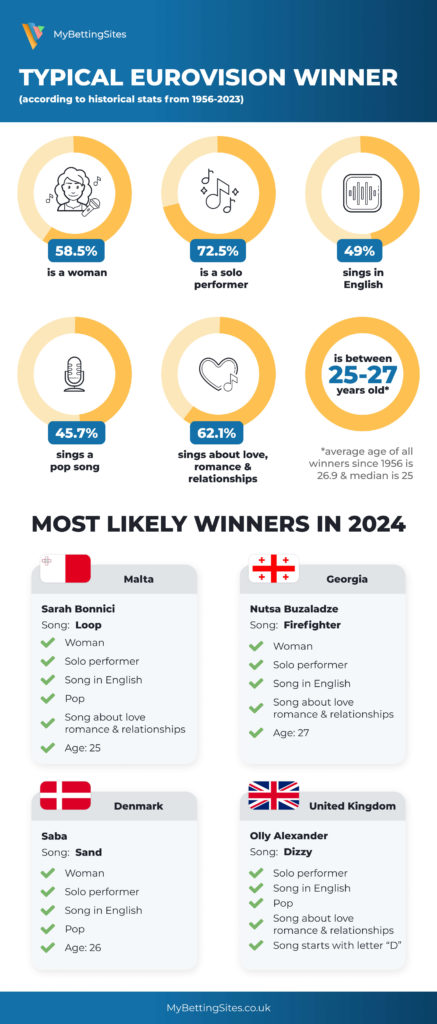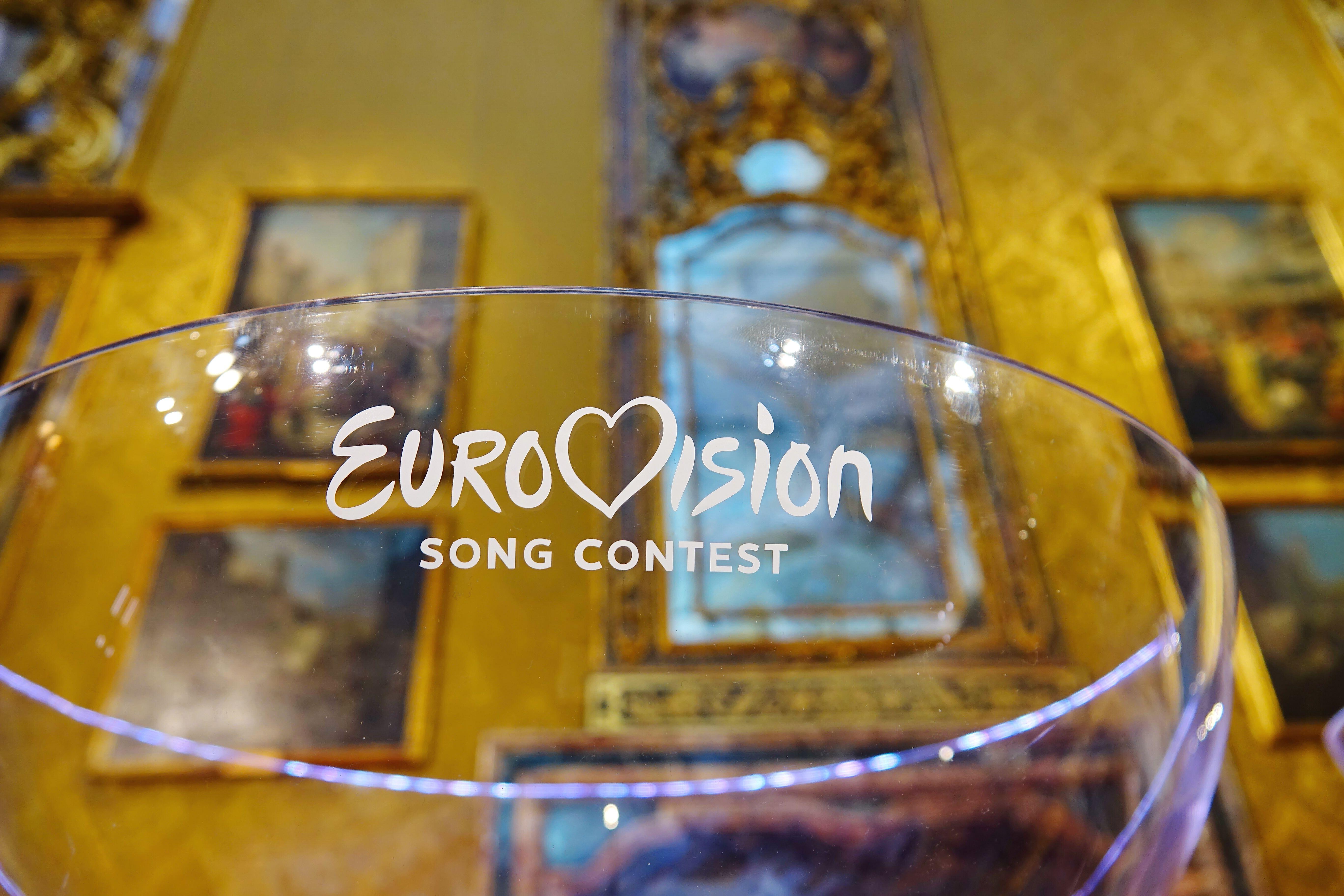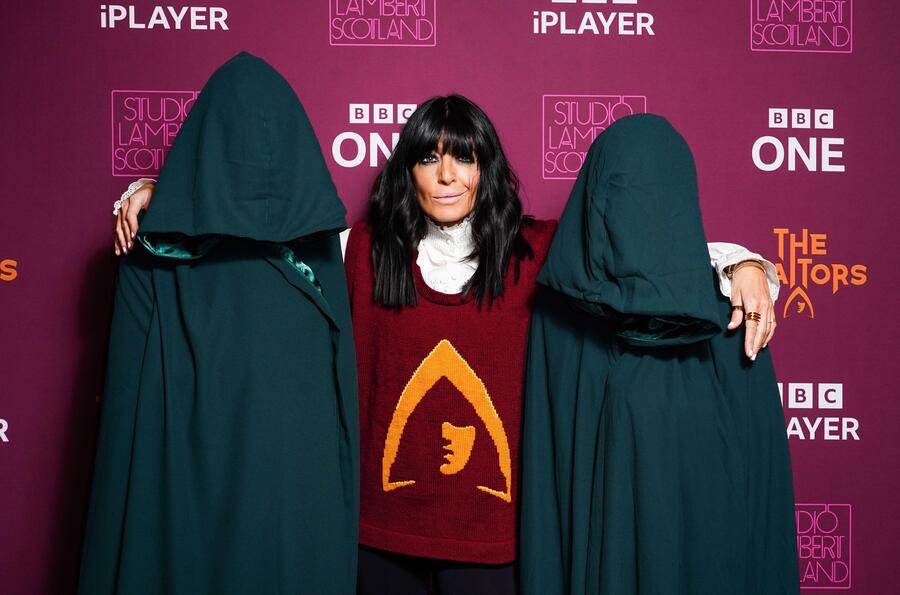LATEST UPDATE – Followers, Views & Streams
Ahead of the 2024 Eurovision Song Contest, MyBettingSites’ supercomputer analysed 70 years worth of data to find out who might become this year’s winner based on historical stats.
Typical winner according to history

According to the analysis of 70 past winners and their characteristics since 1956, the typical winner of Eurovision is a woman (58.5%), solo performer (72.5%), singing a pop song (45.7%), in English (49%) about love & relationships (62.1%), and is between 25-27 years old (the average age of the past winners is 26.9 and median is 25). Lastly, 17.2% of the past winners won with a song starting with the letters “D” or “T”.
Malta’s Sarah Bonnici (“Loop”) has the most traits (6) which are typical for a Eurovision winner: she is a 25 year old female solo performer who sings a pop song about love, romance & relationships in English.
Georgia (Nutsa Buzaladze, “Firefighter”), Denmark (Saba, “Sand”) & United Kingdom (Olly Alexander, “Dizzy”) all have the second most traits (5) typical for a Eurovision winner.
07/05/2024 - Followers, Views and Streams
Ahead of the first semi-final of the Eurovision Song Contest, we have updated the number of followers, views and streams across different social media platforms.
According to the results of our count, in the last two weeks:
- Marina Satti (Greece) gained the most followers on Instagram (+27 000 followers)
- Joost Klein (Netherlands) gained the most TikTok followers and likes (+39 500 new followers and +1.2 million likes)
- Joost Klein (Netherlands) gained the most Spotify streams for his Eurovision song - “Europapa” (+6.1 million streams)
- Joost Klein (Netherlands) gained the most views of his Eurovision entry on YouTube (+2.675 million views)
23/04/24 – Followers, Views & Streams
Spotify Streams
When looking at the 2023 social media & streaming numbers, Italy’s entry “La noia” by Angelina Mango is the most streamed song on Spotify from this year’s entries with over 54 million streams.
“Europapa” by Joost Klein from the Netherlands is the second most streamed song (over 38 million streams), followed by France’s “Mon Amour” by Slimane (over 21.7 million streams).
Instagram Followers
Angelina Mango (Italy) is the most followed act on Instagram with 1.46 million followers, followed by Marcus & Martinus (Sweden) with 1.372 million followers and Slimane (France) with 1.201 million followers.
TikTok Followers
On TikTok, Sweden’s entry Marcus & Martinus is the most followed act with over 5 million TikTok followers and 215 million likes across their videos; the Ukrainian duo Alyona Alyona & Jerry Heil are the second most followed act on TikTok with combined 1.669 million followers and 39 million likes across their videos, while Angelina Mango (Italy) is the third most followed act with 1.46 million TikTok followers and 925 000 likes across her videos.
Youtube Views
On Eurovision’s Official YouTube channel, “Future Lover” (by Joost Klein, Netherlands) is the most viewed Official Music Video with 20.335 million views.
Countries with the most wins
Ireland and Sweden have won the most Eurovision Song Contest trophies, with 7 wins each. Netherlands, Luxembourg, France, and the United Kingdom tie for second place with 5 wins each.
Methodology:
- Historical data was collected from Eurovision’s official website and its Wikipedia pages
- Artists’ data was collected from artists’ official accounts on Instagram, TikTok, and Spotify
- In case of duos with separate social media accounts, their followers were combined
- In case of multiple versions of a song on Spotify, the most popular version was taken into account
- On YouTube, the Official Music Videos on Eurovision’s YouTube channel were taken into account with the only exception being acts with no official music video - in that case, the most popular version of a video of a given song on Eurovision’s YouTube channel was counted







